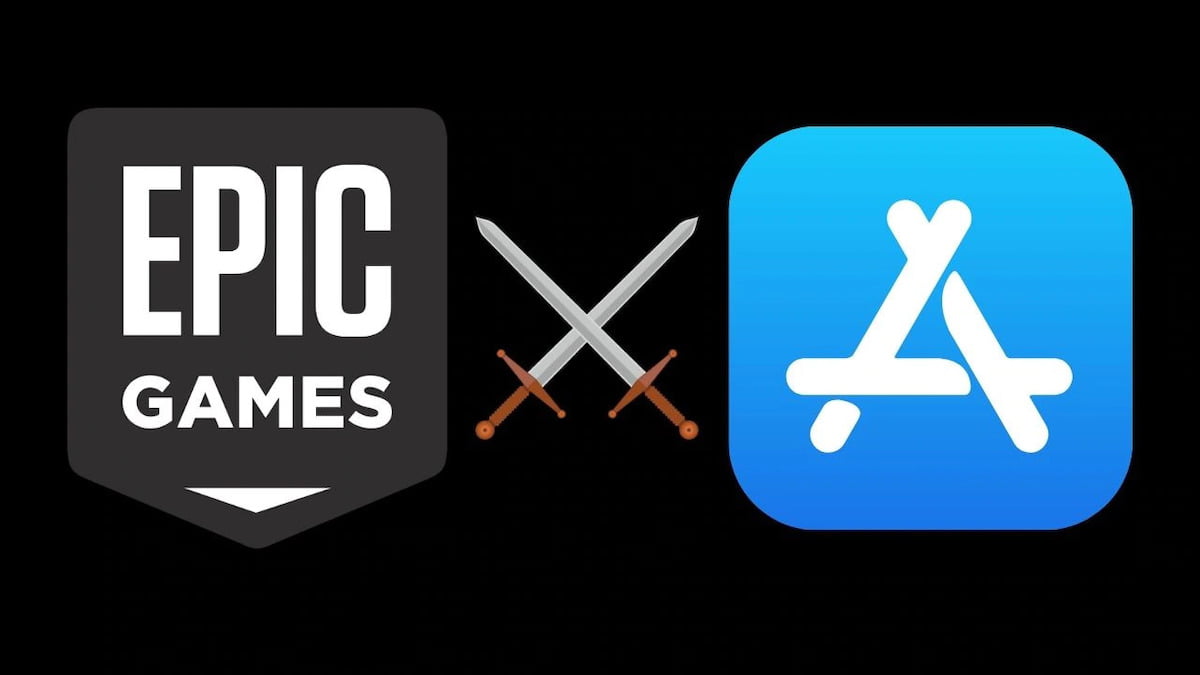Epic Games faces an uphill legal battle against Apple Inc. in an antitrust trial. U.S. government regulators find it very difficult to pursue another case against the iPhone maker after the defeat for the maker of “Fortnite”.
Drawing Apple squarely into the global debate over whether and how massive technology companies should be regulated. iPhone is a niche product in a smartphone world dominated by Google’s Android operating system. And iPhone users are also now exceeding 1 billion.
Epic alleges Apple has such a strong lock on those customers that the app store constitutes a distinct market for software developers over which Apple has monopoly power. Apple is abusing that power, Epic argues, by forcing developers to use Apple’s in-app payment systems. Rebecca Haw Allensworth, a law professor at Vanderbilt Law School said that it’s not a super-strong suit and he doesn’t think they are likely to win. But it has already achieved a lot of its purpose, which is drawing attention to some of Apple’s practices.
Epic’s arguments draw on major antitrust cases against Microsoft, Eastman Kodak and American Express, but apply those precedents in new ways that have not been tested in U.S. courts. Apple argues that whatever dominant position it may have in mobile software is an outgrowth of its creation of both the iPhone and a curated App Store that makes consumer comfortable.
Circuit Judge Consuelo Callahan wrote in the court’s opinion that anticompetitive behaviour is illegal under federal antitrust law and hypercompetitive behaviour is not. The biggest threat to Apple’s App Store is not lawsuits, but rather new laws regulating digital platforms.






















